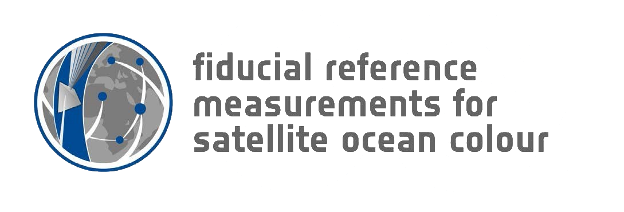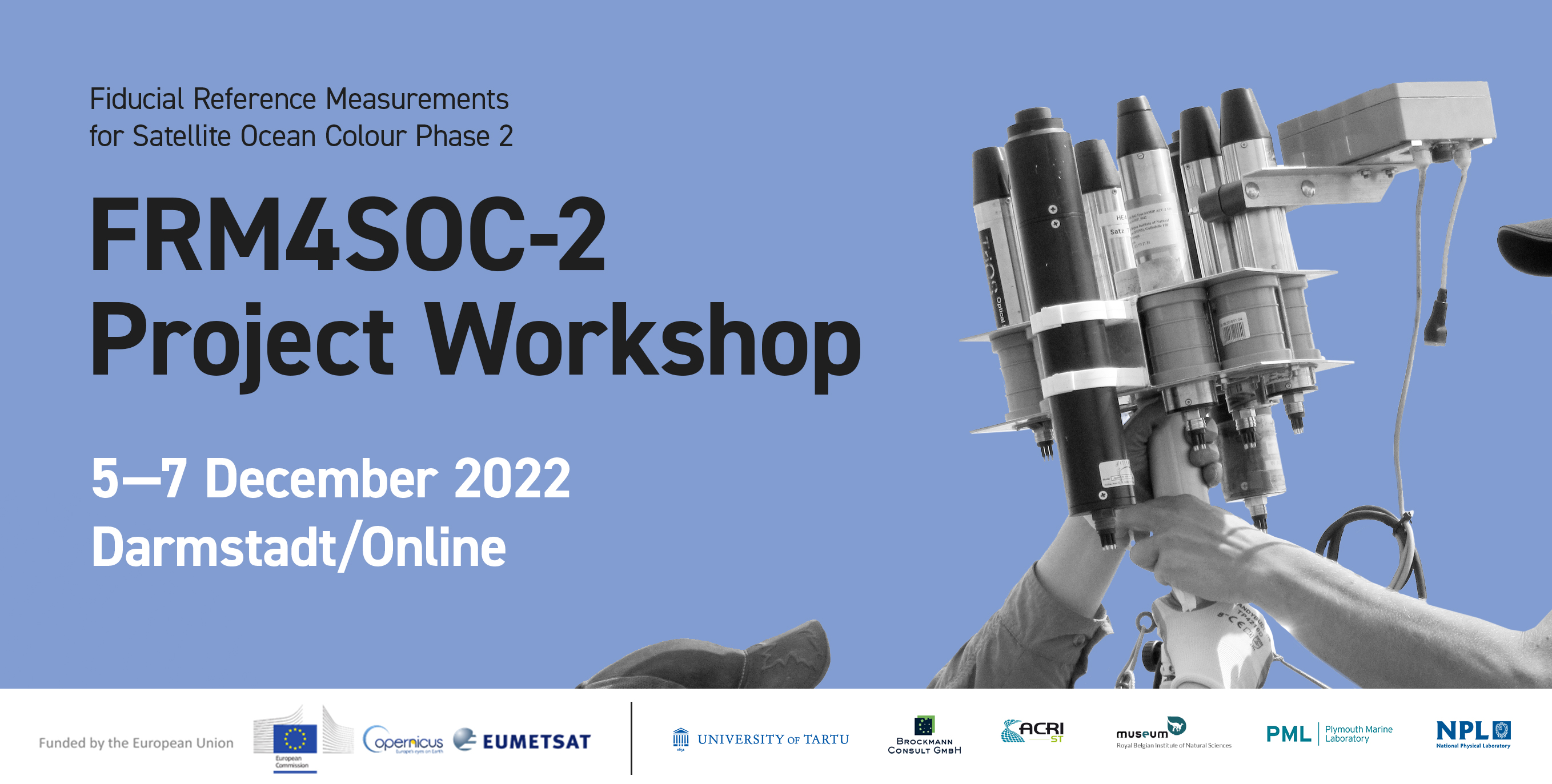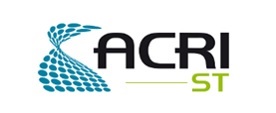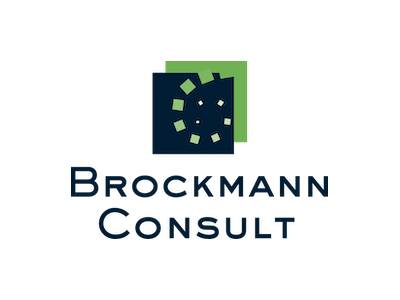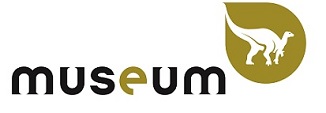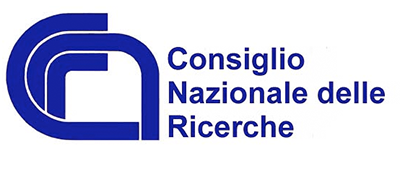5 – 7 December 2022
EUMETSAT, Darmstadt, Germany
Fiducial Reference Measurements (FRM) are a suite of independent, fully characterised, and metrologically traceable ground measurements that follow the guidelines outlined by the Quality Assurance Framework for Earth Observation (QA4EO) of the Committee on Earth Observation Satellites (CEOS). These FRM provide the maximum return on investment for Copernicus satellite missions by delivering, to users, the required confidence in data products as independent validation results and associated uncertainties on both ground-based and satellite measurements over the entire duration of a mission. In 2016 – 2019, European Space Agency funded the first phase of the FRM4SOC (Fiducial Reference Measurements for Satellite Ocean Colour) project to improve ocean colour validation through a series of proof-of-concept tasks. The FRM4SOC Phase 2 - funded by the European Commission - was launched by EUMETSAT in April 2021 to consolidate what was achieved during phase-1 and provide clear guidelines and tools for the ocean colour community to ensure the FRM quality of measurement results.
At this workshop, we present the most important outcomes from the FRM4SOC phase project and seek for agreement in the community through discussions.
Workshop agenda
All times are in CET / UTC+1
All presentation slots include time for the discussion
Day 1 (05.12.2022) - Field radiometers
8:45–9:15 Registration at EUMETSAT Reception
9:15–10:45 Block 1
9:15–9:25 Welcome (B. Bojkov)
9:25–9:30 Workshop logistics (E. Kwiatkowska)
9:30–9:50 General project overview (J. Gossn)
9:50–10:15 Fiducial Reference Measurements for water radiometry – existing resources and lessons learned (R. Vendt) Download presentation
10:15–10:45 Keynote – FRM resources and community needs (S. Bernard) Download presentation
10:45–11:15 Coffee Break
11:15–13:00 Block 2
11:15–11:45 Laboratory guidelines for radiometer calibration and characterisation (I. Ansko) Download presentation
11:45–12:15 Community guidelines on radiometer cal/char requirements and schedules (V. Vabson) Download presentation
12:15–12:45 Full characterisation of the field radiometers (TriOS-Ramses and Sea-Bird HyperOCR) (I. Ansko) Download presentation
12:45–13:00 Discussion
13:00–14:15 Lunch (at EUMESTAT’s Canteen)
14.15–15.45 Block 3
14:15–15:15 Long-term strategy plans for laboratory comparison at a global level, across agencies and metrological institutions (A. Bialek) Download presentation
15:15–15:45 FRM4SOC Phase 2 laboratory comparison (V. Vabson) Download presentation
15.45–16:15 Coffee Break
16:15–17:45 Block 4
16:15–17:30 Minimum requirements for qualification of instruments and their measurements as ‘FRM’; possible steps and strategy towards instrument ‘FRM certification’, specifications of minimum requirements for manufacturers (K. Ruddick)
16:15–17:30 Conclusions of the day – discussion (M. Ligi)
19:30 Dinner at Roeders Restaurant
End of day 1
Day 2 (06.12.2022) – Procedures and Tools
9:00–11:45 Block 5
9:00–9:30 Keynote – user perspective (A. Banks)
9:30–9:45 Introduction of the FRMOCnet (FidRadDB, HyperInSPACE Community Processor, OCDB) (R. Vendt) Download presentation
9:45–10:30 Guidelines for operating the radiometers, and measurement procedures (K. Ruddick)
10:30–10:55 Coffee Break
10:55–11:45 End-to-end uncertainty budget for the instruments and the measurements (A. Bialek) Download presentation
11:45–13:00 Lunch (at EUMESTAT’s Canteen)
13:00–14:30 Block 6
13:00–13:45 Instrument cal/char database (FidRadDB) (H. Lavigne) Download presentation
13:45–14:30 HyperInSPACE Community Processor practical demonstration, hands-on training (A. Deru)
14:30–16:00 Block 7
14:30–15:15 In situ measurement database (OCDB) practical demonstration, hands-on training (U. Lange) Download presentation
15:15–16:00 Results from the field campaign at AAOT – testing the procedures, guidelines and tools (G. Tilstone)
16:00–16:30 Coffee Break
16:30–17:30 Block 8
16:30–17:00 HyperInSPACE Community Processor validation (A. Deru)
17:00–17:30 Conclusions of the day – discussion (M. Ligi)
End of day 2
Day 3 (07.12.2022) – Discussions
9:00–11:00 Block 9
9:00–11:00 Discussion on the conclusion points from previous days between Expert Review Board and FRM4SOC-2 consortium
11:00–11:30 Coffee Break
11:30–13:00 Block 10
11.30–13:00 Round table discussions of the developed procedures, guidelines and tools
13:00–14:15 Lunch (at EUMESTAT’s Canteen)
14:15–16:00 Block 11
14:15–15:00 Discussion how to ensure/support the adoption of FRM principles across the community
15:00–15:50 Drafting of conclusions and recommendations
15:50–16:00 Final remarks
End of day 3 – end of meeting

